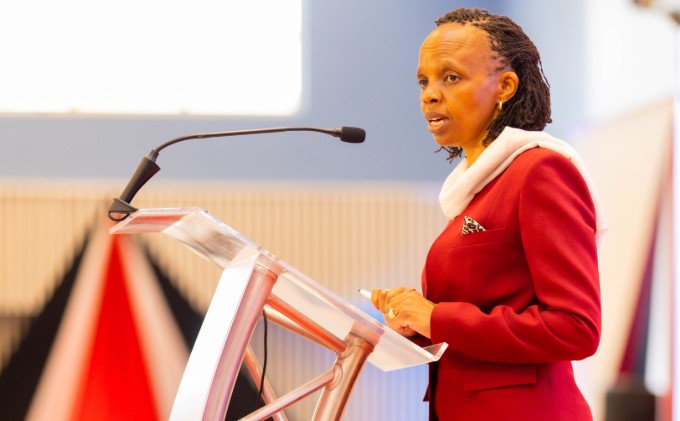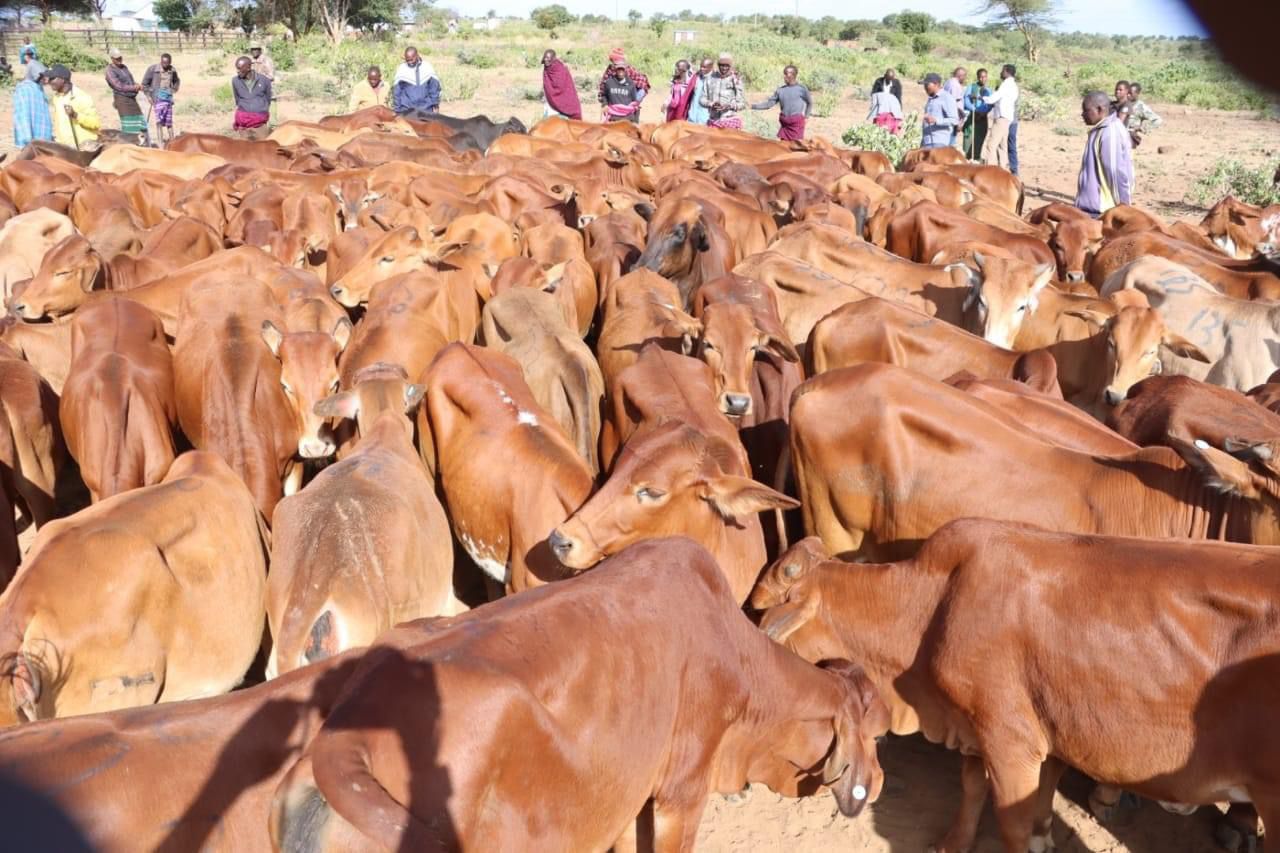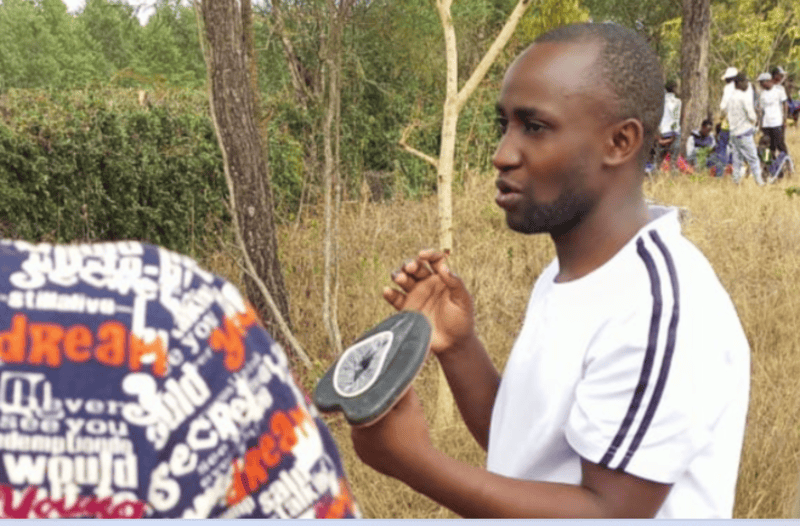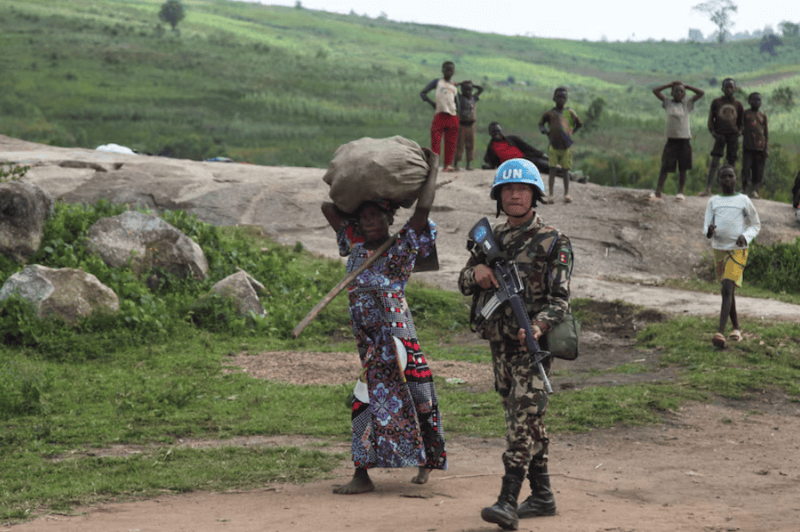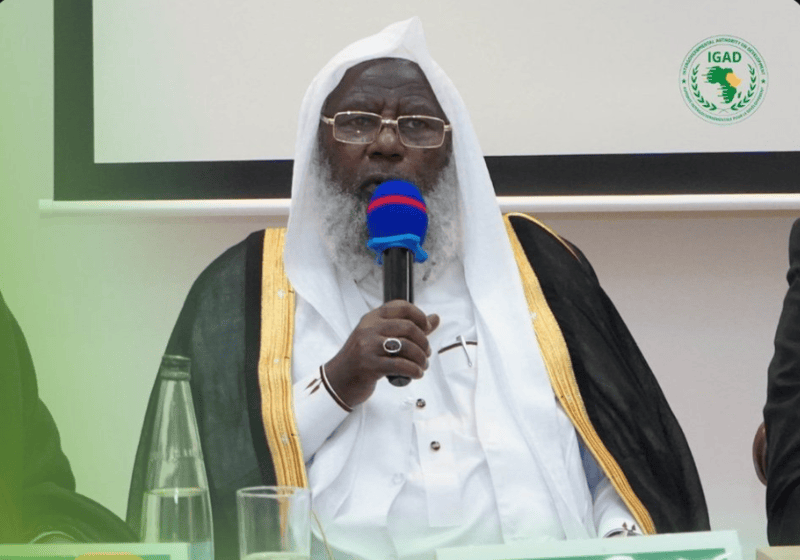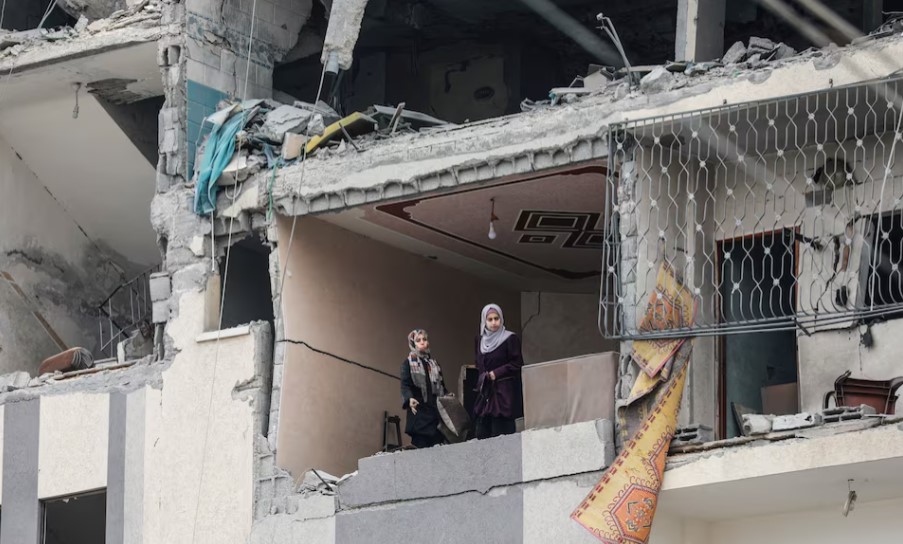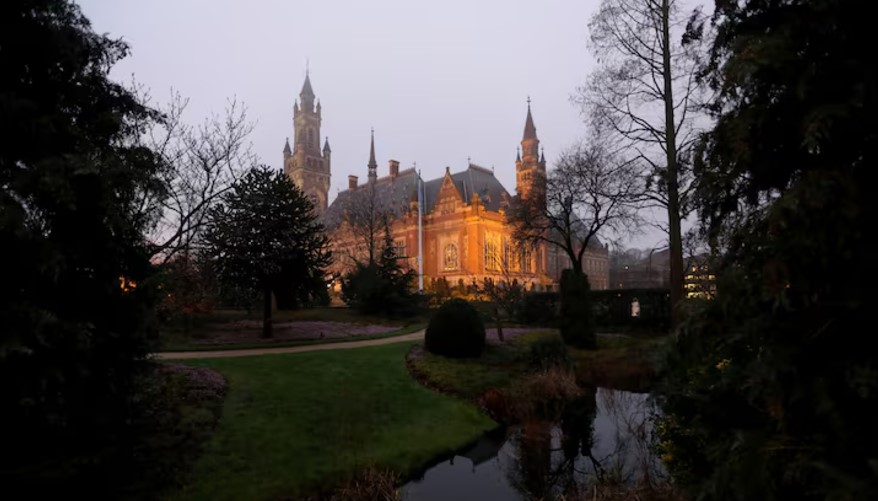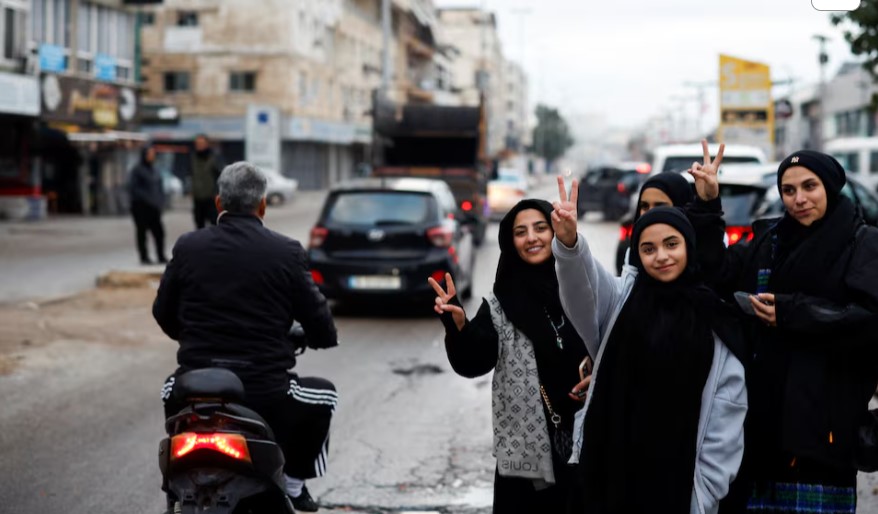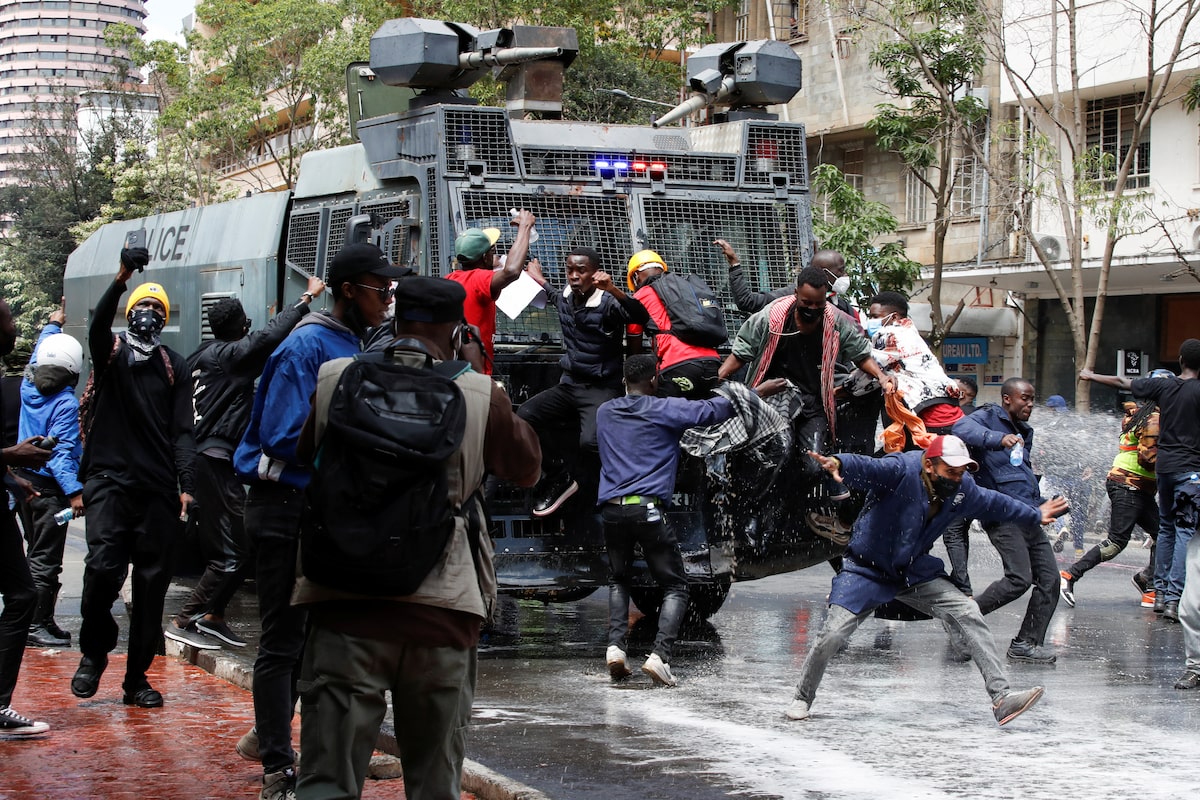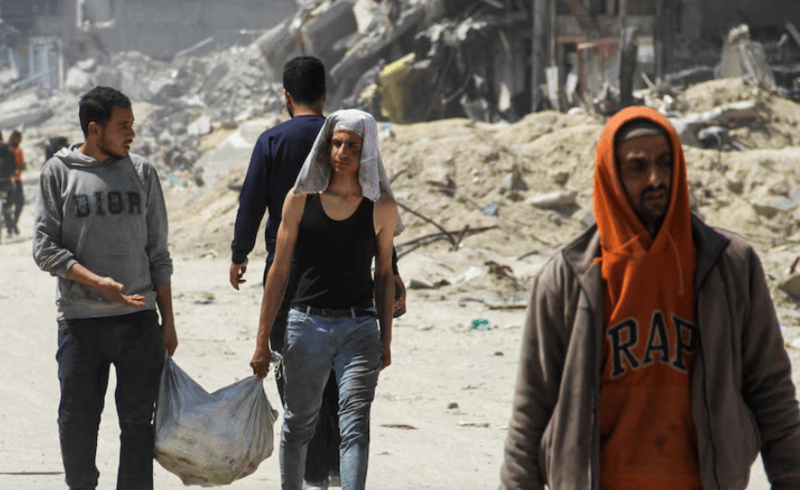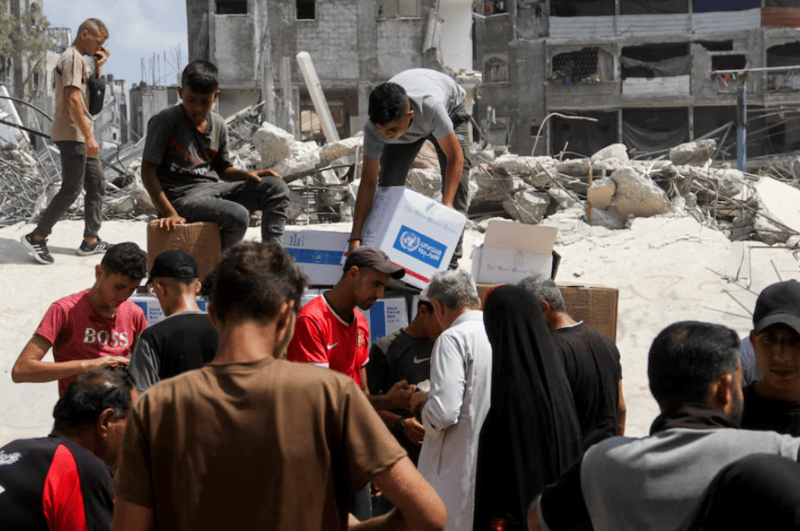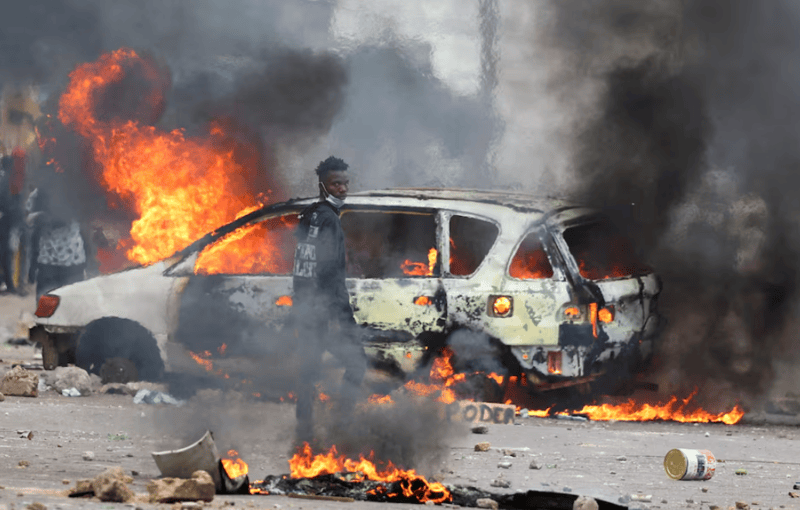South Africa's genocide case v Israel: What next?
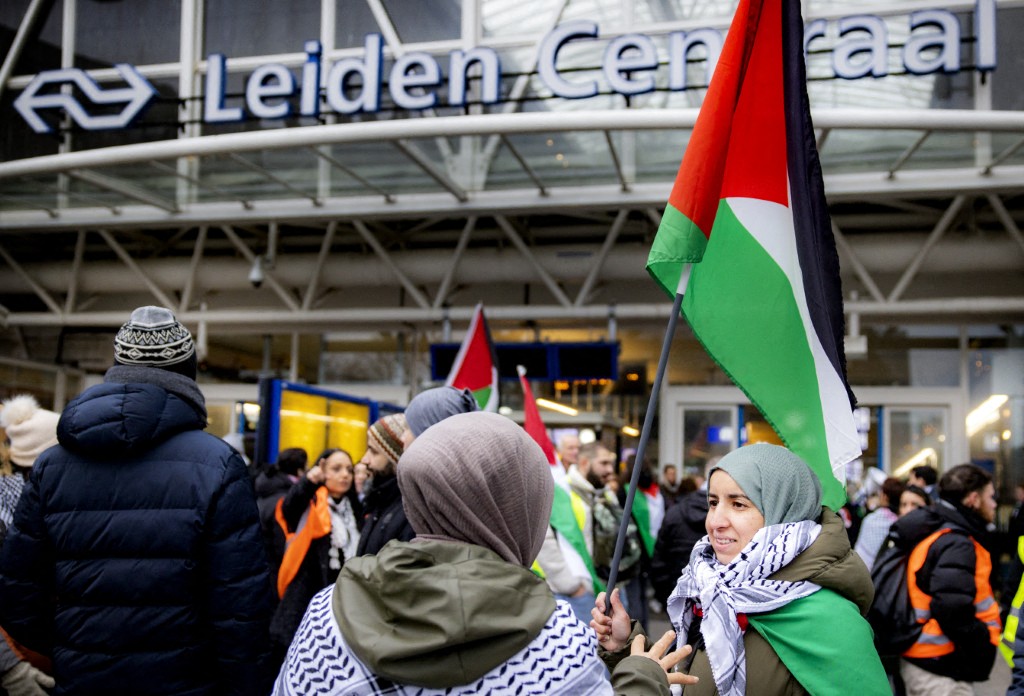
By Agency |
The case is one of at least three Israel is potentially facing as its actions against Hamas come increasingly into the crosshairs of international law.
South Africa has set up a landmark legal showdown at the International Court of Justice after accusing Israel of genocidal acts in its Gaza campaign.
The case is one of at least three Israel is potentially facing as its actions against Hamas come increasingly into the crosshairs of international law.
Keep reading
- Pope Francis calls Gaza airstrikes 'cruelty' after Israeli minister's criticism
- Universities must teach students what freedom is – a South African course is trying to do just that
- With world distracted by conflicts elsewhere, Syrian civil war flares up again
- The nightmare in Gaza must stop, urges UN deputy chief
What could the court do?
South Africa has requested emergency orders from the ICJ -- "provisional measures" in the jargon.
This means the court does not have to necessarily agree with Pretoria's fundamental case. It must instead judge whether there is a risk of "irreparable prejudice" to the rights of the Palestinians.
"At the provisional measures stage, the Court would not be determining that a genocide is unfolding in Gaza," said Cecily Rose, assistant professor of public international law at Leiden University.
"Instead, the Court would only be evaluating whether there is a risk of irreparable prejudice to rights held under the Genocide Convention, in particular the right of the Palestinians in Gaza to be protected from acts that threaten their existence as a group," Rose told AFP.
Pretoria has asked the court to issue several orders: for Israel to "immediately suspend" its Gaza offensive, to stop forced displacement, to enable humanitarian access, and to preserve evidence.
The ICJ can order all of the measures requested by South Africa. It could decline to order anything. It could order something completely different, or even decide it is not competent to judge.
And then what?
After the court decides whether or not to apply emergency measures, it will then look at the broader case "on the merits" -- South Africa's charge that Israel is in breach of the UN Genocide Convention.
The decisions of the ICJ -- often known as the "World Court" -- are binding upon countries and cannot be appealed.
However, the ICJ has no way of enforcing its rulings and they are sometimes completely ignored.
For example, the court ordered Russia to stop its invasion of Ukraine one month after it started.
Celine Bardet, an international law and war crimes expert, said any decision would be at a "symbolic level".
"It would remind the world that states are also accountable, and that's important," she told AFP.
"It could also allow states to take actions on the back of the decision -- by imposing sanctions for example."
How long does this take?
The ICJ is not known for its speed but "provisional measures" take priority over all other cases and a decision can be relatively quick -- a matter of weeks.
A ruling of the broader case "on the merits" on the other hand will probably take several years.
Why South Africa?
South Africa has brought the case against Israel because both countries have signed the UN Genocide Convention, drawn up in 1948 as the world vowed "never again" after the Holocaust.
Its filing states that Pretoria is "acutely aware" of the "particular weight of responsibility" in accusing Israel of all countries of breaking the Genocide Convention.
But it also says that no attack can justify alleged breaches of the Convention and that Israel has "its own obligation" as a signatory to prevent genocide.
South Africa has long been a vocal supporter of the Palestinian cause, with the governing African National Congress (ANC) party often linking it to its own struggle against apartheid.
The two countries have cut off diplomatic ties over the issue.
What other cases are there?
The ICJ rules on disputes between countries and is often confused with the International Criminal Court (ICC), also based in The Hague, which prosecutes war crimes by individuals.
ICC chief prosecutor Karim Khan has an open investigation into events in Gaza and has vowed to "step up" his probe.
Five countries including South Africa called in November for an ICC investigation into the Gaza war, and Khan says his team has gathered a "significant volume" of evidence.
International legal experts have told AFP that war crimes have probably been committed by both sides.
Finally, the United Nations has asked the ICJ to look into the legal consequences of Israel's actions in the Palestinian Territories.
This will be an advisory opinion and will not focus on the military operation after October 7.
Story by AFP
Reader comments
Follow Us and Stay Connected!
We'd love for you to join our community and stay updated with our latest stories and updates. Follow us on our social media channels and be part of the conversation!
Let's stay connected and keep the dialogue going!

